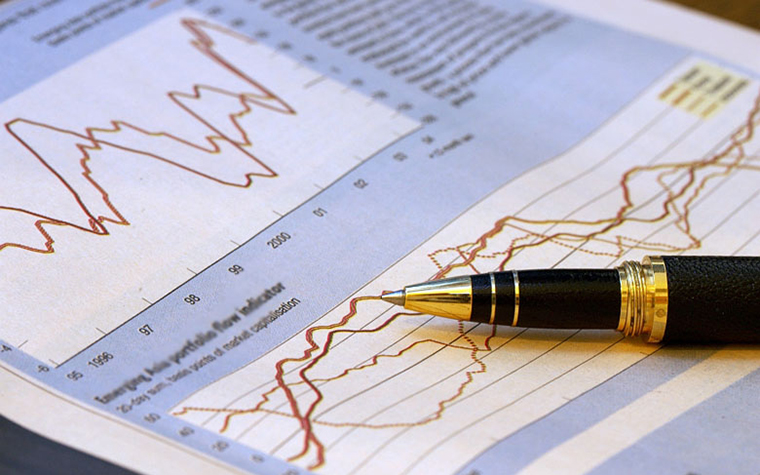
When pricing is being discussed for IPOs, are underwriters overlooking important financial information that could more accurately reflect the value of a start-up’s publicly offered stock?
The answer appears to be so, said UConn accounting professors Michael Willenborg and Yanhua “Sunny” Yang in a paper titled “Issuer Operating Performance and IPO Price Formation.” Their work appeared in the December 2015 issue of the Journal of Accounting Research. They co-wrote the article with Biyu Wu, who earned her Ph.D. in accounting at UConn last year, and is now a professor at the University of Nebraska-Lincoln.
The trio studied the relationship between issuer operating performance and initial public offering (IPO) price formation, from the initial price range, to the offer price, to the closing price on the first trading day.

They found that pre-IPO net income, especially operating cash flow, is heavily factored with the revision from the mid-point of the initial price range to the offer price, with the strongest results going to IPOs with the highest operating performance.
Their research found that strong-performing issuers, especially those offering small pieces of ownership, have lower bargaining incentives and are at risk of an underwriter low-balling the price range. They studied more than 2,000 IPOs by domestic issuers from January 2001 to December 2013.
Overall, the results indicate an important role for accounting information in understanding the pricing of IPOs.
“Over the years, we’ve seen outrageous price revisions,” Yang said. “It’s intriguing. As researchers, we’re always curious. We try to figure out what’s happening. Is something going on that explains a broader phenomenon? We try to understand the economics behind the anecdotes and try to enhance our understanding of this world and the role that is played by accounting information.”
“Once the stock is traded on the first day, the stock price could be very different from the offer price,” Yang said. “We wanted to focus on the price revision. We wondered, ‘How does the operating performance, the cash flow and the earnings numbers, influence the price revision?’ In a broader sense, what is the role of financial information in the IPO process? It’s intriguing because everybody observes the operating performance and it is quite a puzzle why it isn’t fully priced in the first place.”

The researchers came up with several explanations. First, when companies launch an IPO they hire investment banks. Some have prestigious financial analysts who comment on the stock. Some companies seek the attention of all-star financial investors, assuming that their prestige will make investors and the media pay more attention to the stock. “Some high cash-generating issuers allow underwriters to low-ball the initial price range because they place importance on post-IPO coverage by an influential stock analyst,” Yang said.
A company’s cash-flow needs may also influence the IPO, she said. A bio firm might need cash to generate revenue and continue its work, while a more mature company might not be as cash-dependent. If a company’s cash needs are lower, they have less incentive to bargain for a higher stock price.
Lastly, a behavioral explanation may be a factor in stock price, Yang said. For example, if company executives observe a revision of IPO price from the initial range between $10 and $16, up to a final offer price of $18, they’re ecstatic, she said.
Findings in this study differ from previous studies of the IPO market, that stated it is almost efficient with respect to public information.
“Overall, our findings suggest that underwriters under-weighed operating performance in setting the initial price range,” Yang said. “In the case of issuers with poor performance, the initial price range is too high; in the case of issuers with strong performance, the initial price range is too low.”
“Findings in this study improve our understanding of IPO pricing,” she said. “Most prior studies suggest operating performance doesn’t influence price much at all, and we find it does in the price formation process.”